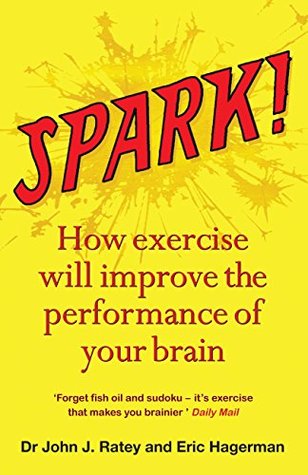INOCULATE YOURSELF How the body and brain respond to stress depends on many factors, not the least of which is your own genetic background and personal experience. Today there is an ever-widening gap between the evolution of our biology and our society. We don’t have to run from lions, but we’re stuck with the instinct, and the fight-or-flight response doesn’t exactly fly in the boardroom. If you get stressed at work, would you slap your boss? Or turn and run? The trick is how you respond. The way you choose to cope with stress can change not only how you feel, but also how it transforms the
INOCULATE YOURSELF How the body and brain respond to stress depends on many factors, not the least of which is your own genetic background and personal experience. Today there is an ever-widening gap between the evolution of our biology and our society. We don’t have to run from lions, but we’re stuck with the instinct, and the fight-or-flight response doesn’t exactly fly in the boardroom. If you get stressed at work, would you slap your boss? Or turn and run? The trick is how you respond. The way you choose to cope with stress can change not only how you feel, but also how it transforms the brain. If you react passively or if there is simply no way out, stress can become damaging. Like most psychiatric issues, chronic stress results from the brain getting locked into the same pattern, typically one marked by pessimism, fear, and retreat. Active coping moves you out of this territory. Instincts aside, you do have some control over how stress affects you. And, as Susan would agree, control is key. Exercise controls the emotional and physical feelings of stress, and it also works at the cellular level. But how can that be, if exercise itself is a form of stress? The brain activity caused by exercise generates molecular by-products that can damage cells, but under normal circumstances, repair mechanisms leave cells hardier for future challenges. Neurons get broken down and built up just like muscles—stressing them makes them more resilient. This is how exercise forces the bod...
...more
This highlight has been truncated due to consecutive passage length restrictions.


